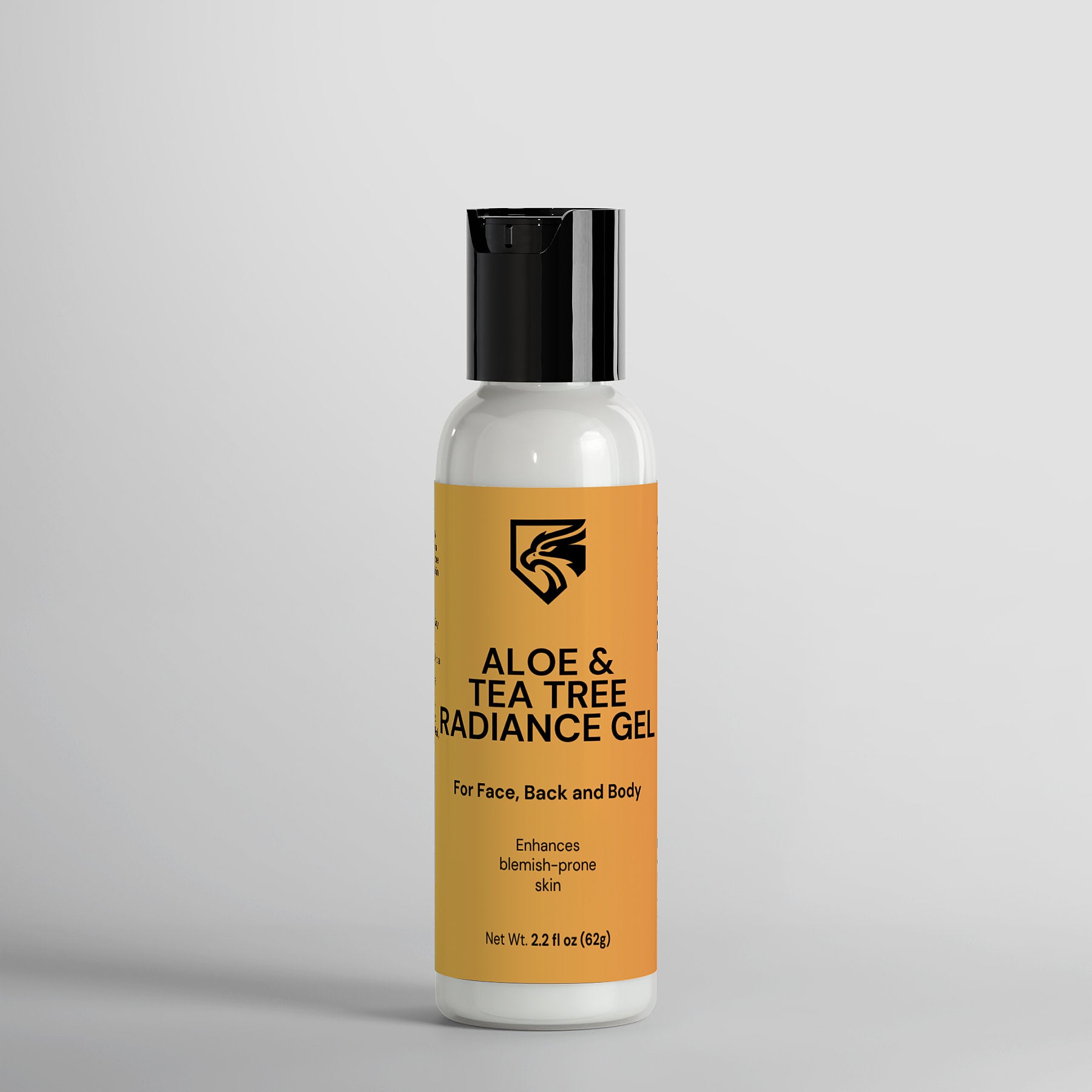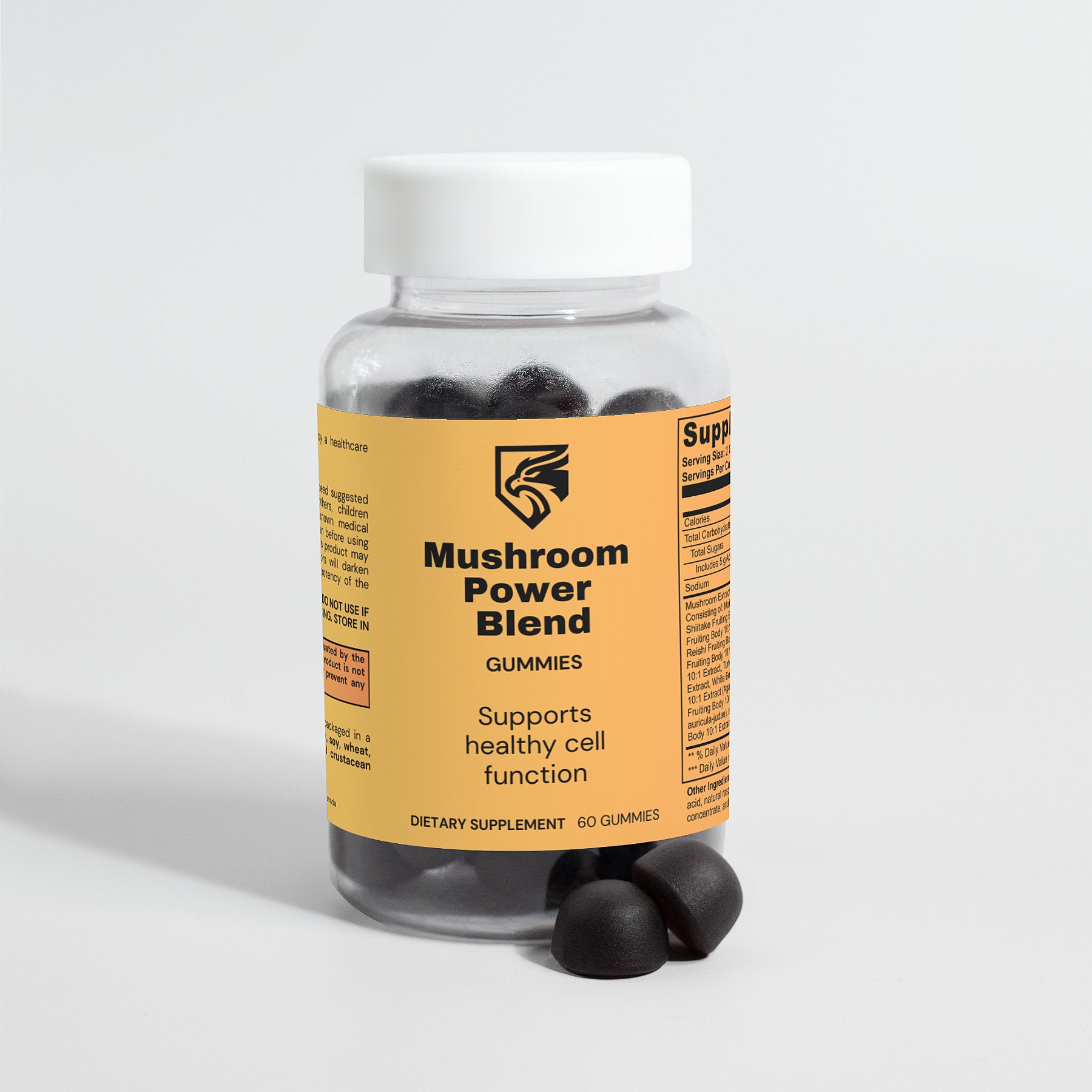Introduction: In the pursuit of optimal health, sleep is often hailed as the unsung hero. However, amidst discussions about sleep hygiene and habits, one crucial aspect often overlooked is the role of hormones, particularly testosterone, in facilitating a restorative slumber. Beyond its association with muscle mass and libido, testosterone plays a significant role in regulating various bodily functions, including sleep. In this article, we delve into the intricate relationship between testosterone and quality sleep, shedding light on its mechanisms and implications for overall well-being.
Understanding Testosterone: Testosterone, primarily known as the male sex hormone, is produced in the testes in men and in smaller amounts in the ovaries in women. While it is integral to reproductive functions and the development of secondary sexual characteristics, testosterone exerts its influence far beyond the realms of reproduction. It plays a crucial role in regulating metabolism, bone density, muscle mass, cognitive function, mood, and importantly, sleep.
The Circadian Rhythm Connection: Our bodies operate on a finely tuned internal clock known as the circadian rhythm, which regulates the sleep-wake cycle. Testosterone production follows a circadian pattern, with levels peaking during the early morning hours and declining throughout the day. This rhythmic fluctuation is synchronized with other physiological processes to promote restorative sleep and wakefulness.
Testosterone and Sleep Quality: Research indicates a bidirectional relationship between testosterone levels and sleep quality. Adequate sleep is essential for maintaining optimal testosterone levels, while testosterone, in turn, plays a crucial role in promoting restful sleep. Studies have shown that sleep deprivation or poor sleep quality can lead to a decrease in testosterone levels, impacting various aspects of health.
Regulation of REM Sleep: Rapid Eye Movement (REM) sleep, characterized by vivid dreaming and heightened brain activity, is a crucial stage of the sleep cycle associated with cognitive function and emotional regulation. Testosterone has been found to modulate REM sleep, with higher levels correlating with increased REM sleep duration and frequency. This suggests that testosterone may play a role in facilitating the restorative aspects of REM sleep.
Impact on Sleep Architecture: Testosterone influences the architecture of sleep, including the distribution and duration of different sleep stages. Research suggests that low testosterone levels are associated with disruptions in sleep continuity, such as frequent awakenings and reduced sleep efficiency. Moreover, testosterone deficiency has been linked to an increased risk of sleep disorders, including insomnia and sleep apnea.
The Age Factor: As individuals age, there is a natural decline in testosterone levels, a phenomenon known as andropause in men. This decline coincides with changes in sleep patterns, such as decreased sleep efficiency and alterations in REM sleep. Age-related declines in testosterone may contribute to sleep disturbances commonly observed in older adults, highlighting the importance of hormonal balance in maintaining healthy sleep.
Testosterone Replacement Therapy (TRT): For individuals experiencing testosterone deficiency, whether due to age-related decline or other underlying conditions, testosterone replacement therapy (TRT) may be prescribed. While TRT can effectively restore testosterone levels, its impact on sleep quality is variable and warrants careful consideration. Some studies suggest improvements in sleep parameters following TRT, while others indicate potential risks, such as sleep apnea exacerbation.
Lifestyle Factors and Testosterone: Several lifestyle factors influence testosterone levels and, consequently, sleep quality. Regular exercise, particularly resistance training, has been shown to increase testosterone levels and improve sleep quality. Conversely, factors like obesity, excessive alcohol consumption, and chronic stress can contribute to testosterone depletion and disrupt sleep patterns.
Conclusion: In the intricate tapestry of human physiology, the relationship between testosterone and sleep emerges as a critical determinant of overall health and well-being. As research continues to unveil the complexities of this relationship, it becomes evident that prioritizing sleep hygiene and hormonal balance is essential for achieving restorative sleep and optimizing health outcomes. By recognizing the integral role of testosterone in supporting healthy sleep, we pave the way for a deeper understanding of the interconnectedness between hormonal regulation and sleep quality.







Leave a comment
All comments are moderated before being published.
This site is protected by hCaptcha and the hCaptcha Privacy Policy and Terms of Service apply.